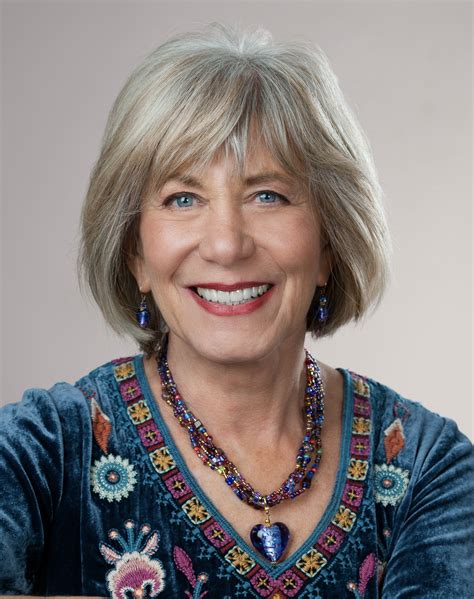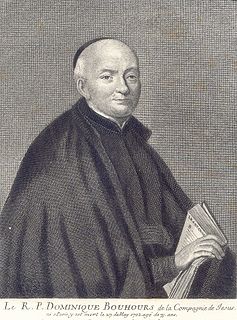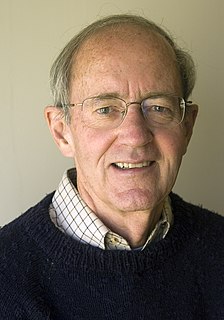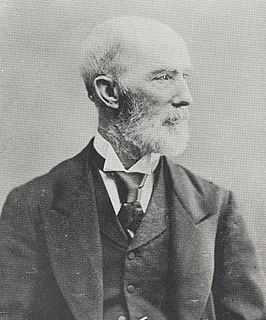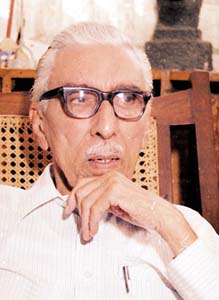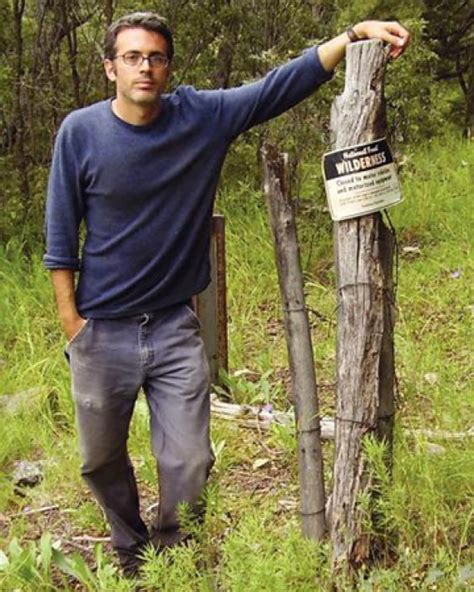A Quote by Lewis Hyde
We forgive when we give up attachment to our wounds.
Related Quotes
Forgiveness is an act of creation. You can choose from many ways to do it. You can forgive for now, forgive till then, forgive till the next time, forgive but give no more chances it’s a whole new game if there is another incident. You can give one more chance, give several more chances, give many chances, give chances only if. You can forgive part, all, or half of the offense. You can devise a blanket of forgiveness. You decide
What is forgiving? Forgiving is giving up all claim on one who had hurt you and letting go of the emotional consequences of the hurt. How can we do that? It's done at the price of beating back our pride. By nature we are selfish. Forgiving, by definition, is unselfish. Being hurt by another person wounds our pride. Pride stands in the way of forgiving. We cannot forgive without God's help. It might be possible for us to forgive something inconsequential without God's help; but in significant matters, we are unlikely to accomplish anything without God's involvement in the process.
When the only bond between close friends is attachment, then even a minor issue may cause one's projections to change. As soon as our projections change, the attachment disappears, because that attachment was based solely on projection and expectation. It is possible to have compassion without attachment, and similarly, to have anger without hatred.
How strange that we should ordinarily feel compelled to hide our wounds when we are all wounded! Community requires the ability to expose our wounds and weaknesses to our fellow creatures. It also requires the ability to be affected by the wounds of others... But even more important is the love that arises among us when we share, both ways, our woundedness.
Try not to confuse attachment with love. Attachment is about fear and dependency, and has more to do with love of self than love of another. Love without attachment is the purest love because it isn't about what others can give you because your empty. It is about what you can give others because you're already full.
If we don't forgive ourselves for our mistakes, and others for the wounds they have inflicted upon us, we end up crippled with guilt. And the soul cannot grow under a blanket of guilt, because guilt is isolating, while growth is a gradual process of reconnection to ourselves, to other people, and to a larger whole.


